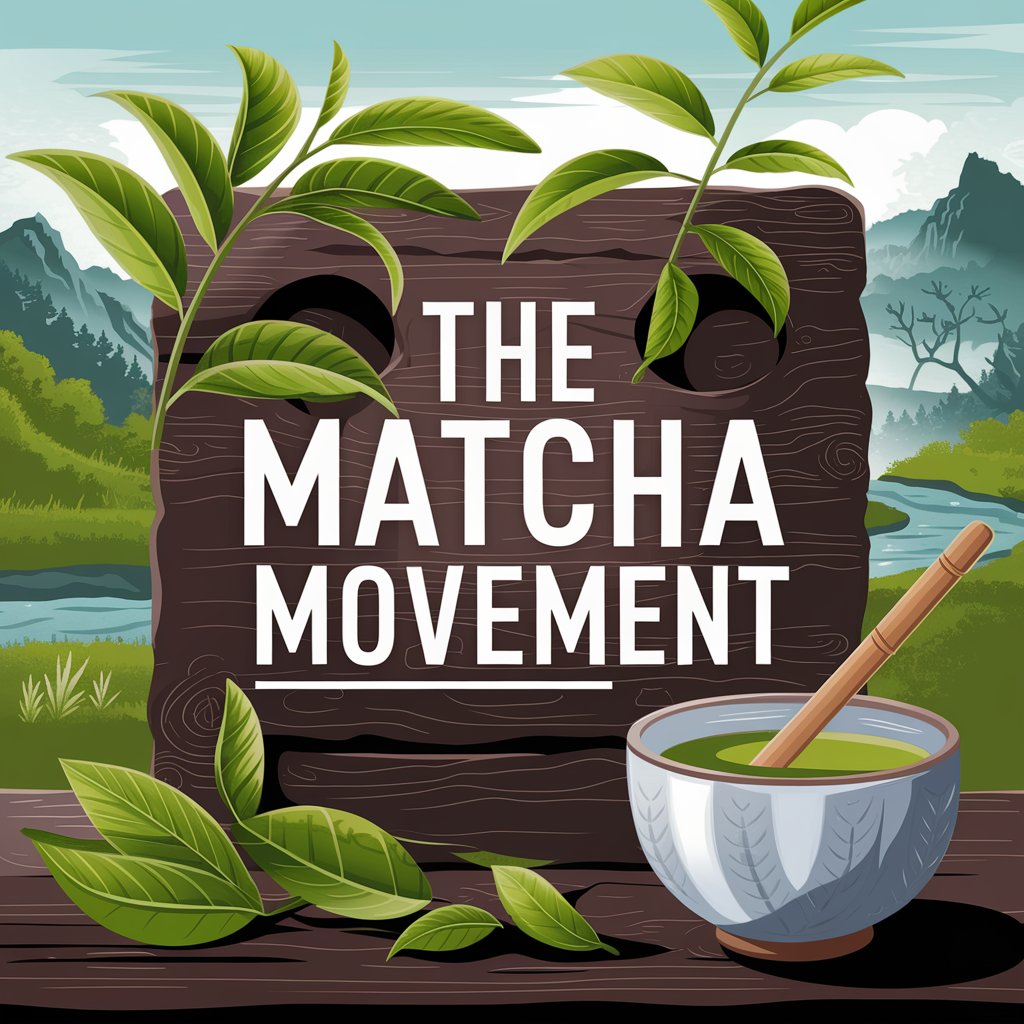In case you hadn’t heard yet, there is a Japanese matcha shortage happening across the world. Winter might be fast approaching, but people are left with limited access to this warm beverage. Many tea brands have been struggling to meet the demand while others have halted sales of their products altogether, at least until the next harvest in 2025.
You might be wondering how this impacts Australia, which has long been known for its coffee culture. Let’s first look at why the drink continues to grow in popularity in the country.
Australians Love the Health Benefits of Matcha
For years now, there has been a surge in interest in the health-conscious lifestyle among many Aussies. As this Japanese green tea touts numerous benefits for wellness, it comes as no surprise that many consumers are making the switch.
It is rich in antioxidants
Antioxidants help to protect cells and tissues from damage by counteracting free radicals in the body. This beverage is packed with antioxidants, particularly epigallocatechin gallate (EGCG) and other catechins. EGCG is said to help cell repair, maintain a healthy heart, and decrease inflammation.
Besides that, matcha is a whole leaf tea, which means that it contains more antioxidants and caffeine than regular green tea. Prepare it in the traditional Japanese way if you want to enjoy the full benefits, but avoid the common mistakes like you would with preparing loose leaf tea to reduce the bitterness.
It boosts mental focus and clarity
Apart from being packed with antioxidants, matcha is also a great source of L-theanine. This unique amino acid is said to increase the alpha waves in the brain, which are linked to mental relaxation, thereby counteracting stress signals.
L-theanine is also known to change how caffeine affects your body, as it boosts alertness without causing the drowsiness that often comes with coffee consumption. Additionally, it may also increase the feel-good chemicals in your brain, resulting in better concentration, memory, and mood.
Australians Love the Cultural Appeal of Matcha
Japanese culture has saturated Australia in many ways, as you may have noticed its growing presence in events and media. There has been an increasing number of Australians attending Japanese cultural festivals and even tea ceremonies.
Although coffee remains king in this country, matcha has been recognised as a symbol of mindfulness and health. The Aussie wellness movement isn’t seen in just the rise of fitness centres and yoga studios but also in the increasing popularity of this drink in cafes everywhere.
What Lies Ahead for Matcha in Australia?
Due to the ongoing shortage, consumers can expect the prices of matcha to soar. The lack of supply and the increasing costs will hardly turn away Aussies though. It is expected that, once the supply stabilises, Australians are going to adopt matcha more in their home routines, from cooking with the ingredient at home to making their own lattes.
There might be limits set for the amount of matcha you can buy in stores right now, but this should not stop you from giving it a try and seeing for yourself what makes it so special.






